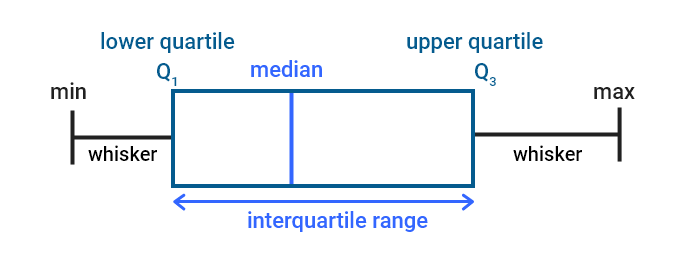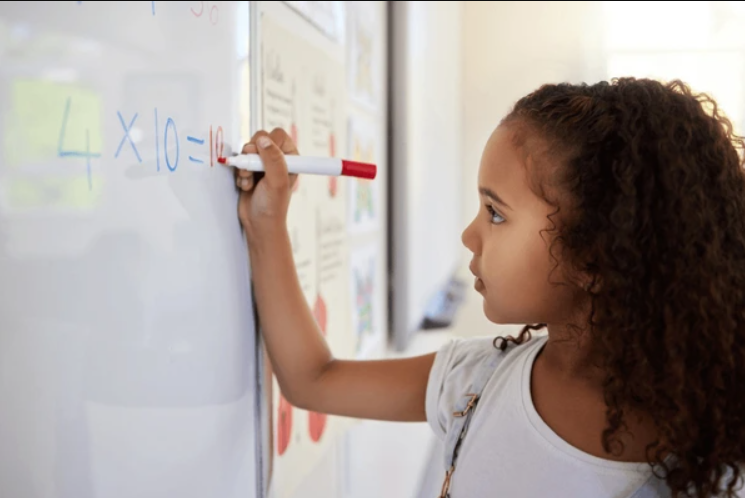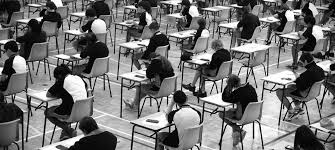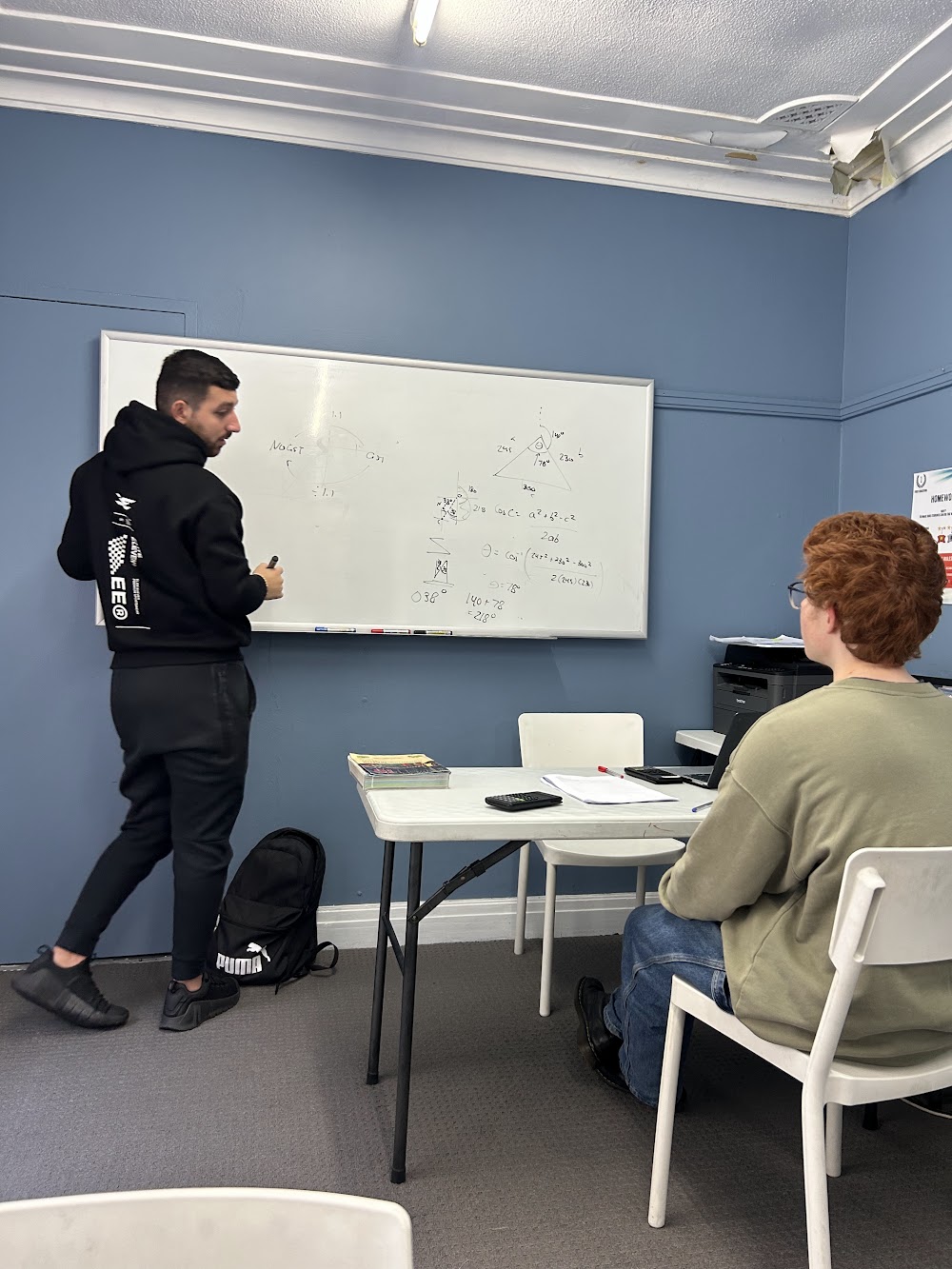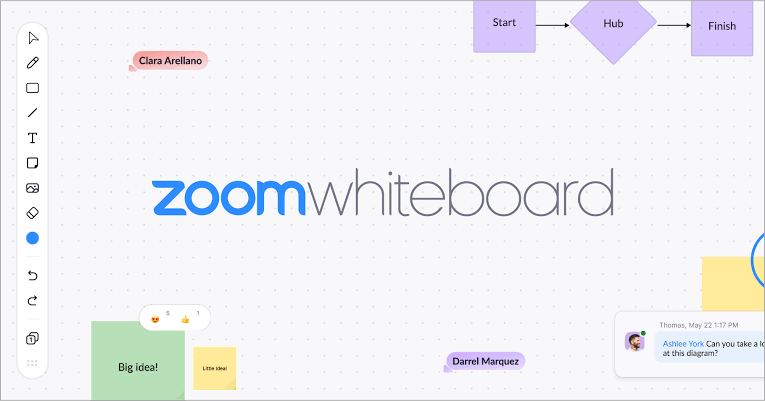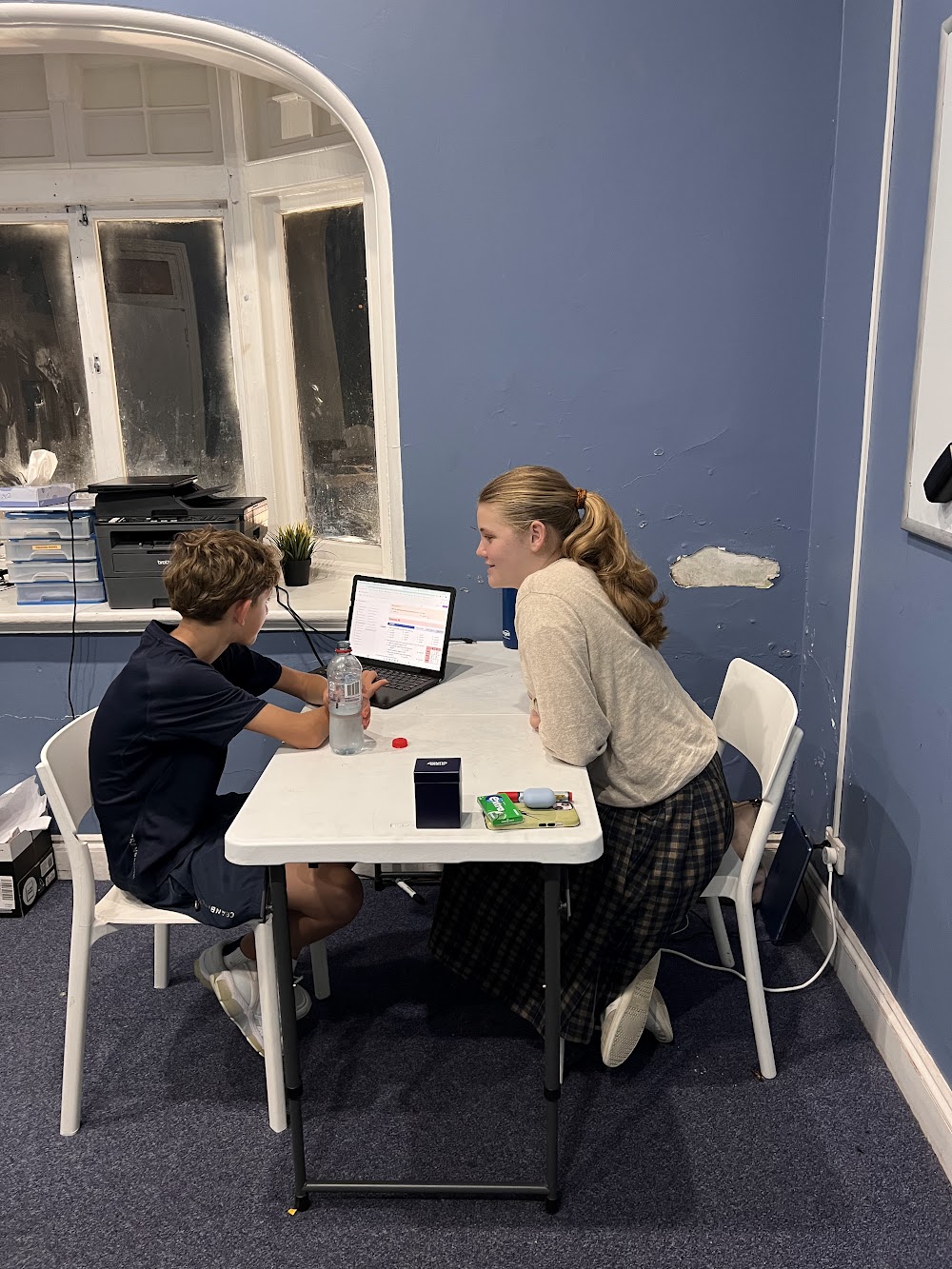
I have spent a lot of time balancing between the worlds of formal and informal education. In the day I work in informal education, by afternoon, I am a tutor. I think many people may think the jumping between the two is difficult, but I believe that through a proper synthesis, this style of education can meet any child.
Informal education aims to teach through creative methods, and has a focus of instilling values into children rather than a specific syllabus. Meanwhile, formal education feels more robust, having a rigid curriculum to follow and information which needs to be understood. There are values in both – it is not ridiculous to expect children to absorb and learn information, but I believe we need to extend past overdone methods to truly meet a child where they are at.
During my time at First Education, I have tried to implement my background of informal education into my teaching methods. For my younger students, I will prepare multiple different lesson plans and ask for their preference. I believe it is important for children to feel they have the autonomy to make decisions about their education, something which is unlikely to occur during school. I found it interesting that some of these students reject this and would rather I decide for them.
Informal education has also taught me to try and anticipate the needs of a child. For example, when I can see that a student is losing concentration and becoming more and more drained, we will take a break and play a game, something which I am glad First Education encourages. Informal education has also emphasised to me the importance of ensuring a child’s wellbeing, another skill which has been implemented in my tutoring. Oftentimes, students will struggle with their confidence, and as important as it is to teach, it is just as important that a student feels assured enough to ask questions and learn.
Though appearing as binaries, in truth, there is much that formal and informal education can learn from each other. This combination has the possibility to create a method of teaching which works better for all.
Maya Weizman


